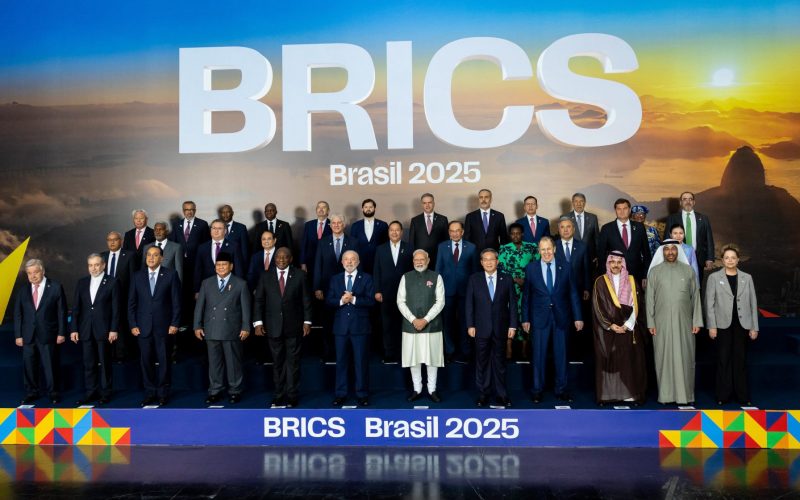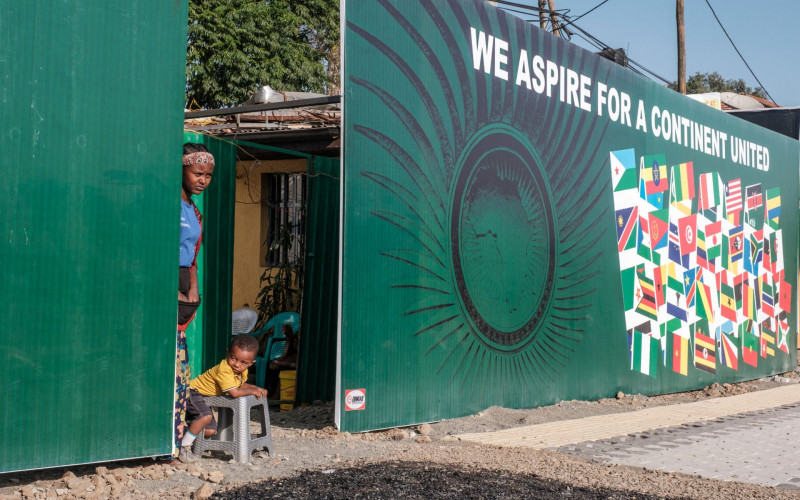The evidence suggests that their cooperation is expanding to include not only economic cooperation but now encompasses health, education, communication, research, development and also the geopolitical ambitions of leading countries of the South. Brought together by shared backgrounds and common challenges, people in developing nations are coalescing together as peers to find new and innovative solutions to development issues. Reviews of technical cooperation suggest that South-South learning from sharing is often more effective in developing capacity than one-way knowledge transfers from the North. The United Nations Development Programme (UNDP) and United Nations Office on South-South Cooperation, who have been actively promoting South-South Cooperation, define the term as a process whereby two or more developing countries pursue their individual and/or shared national capacity development objectives through exchanges of knowledge, skills, resources and technical know-how, and through regional and inter-regional collective actions, including partnerships involving governments, regional organisations, civil society, academia and the private sector, for their individual and/or mutual benefit within and across regions. South-South cooperation is not a substitute for, but rather a complement to, North-South cooperation.








